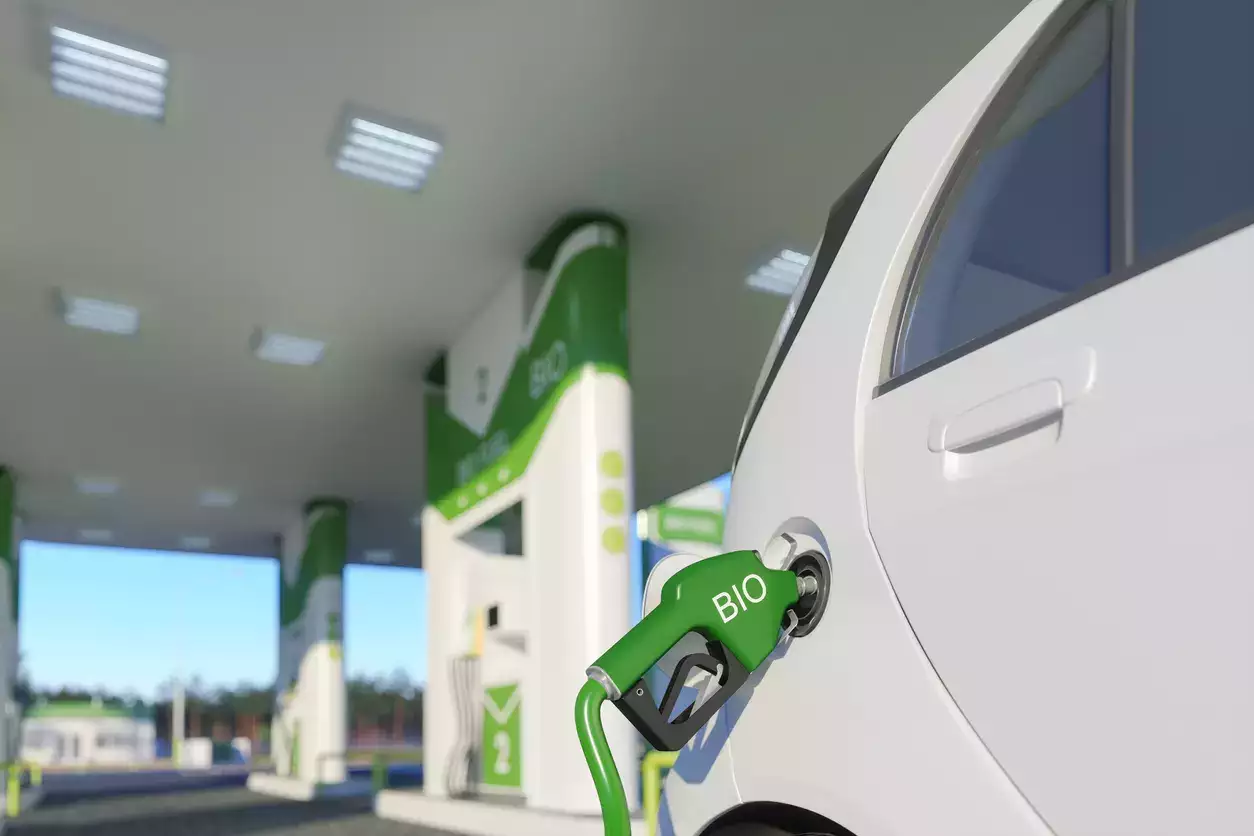 The researchers claimed that the method achieved upto 87% reduction in carbon monoxide, hydrocarbons, hydrogen sulphide and smoke emissions.
The researchers claimed that the method achieved upto 87% reduction in carbon monoxide, hydrocarbons, hydrogen sulphide and smoke emissions. Researchers at the Indian Institute of Technology (IIT) Guwahati have developed an advanced biological method to convert methane and carbon dioxide into cleaner biofuels using methanotrophic bacteria, officials said on Monday. This innovative approach represents a significant leap toward sustainable energy solutions and climate change mitigation, they said.
The research, published in Fuel, a leading journal by Elsevier, addresses two critical global challenges-the harmful environmental impact of greenhouse gases and the depletion of fossil fuel reserves.
Debasish Das, professor in the Department of Biosciences and Bioengineering, IIT Guwahati, explained that the greenhouse gas methane is 27 to 30 times more potent than carbon dioxide and is a significant contributor to global warming.
"While turning methane and carbon dioxide into liquid fuels can reduce emissions and provide renewable energy, existing chemical methods are energy-intensive, expensive, and produce toxic by-products, limiting their scalability," he said.
Das said that their team has developed a fully biological process that uses a type of methanotrophic bacteria to convert methane and carbon dioxide into bio-methanol under mild operating conditions.
"Unlike traditional chemical methods, this process eliminates the need for expensive catalysts, avoids toxic by-products, and operates in a more energy-efficient manner," the professor said.
The researchers claimed that the method achieved upto 87% reduction in carbon monoxide, hydrocarbons, hydrogen sulphide and smoke emissions.
According to Das, this research is a breakthrough as it demonstrates that bio-methanol, derived from bacteria feeding on methane and carbon dioxide, can be a viable alternative to fossil fuels.
He said, unlike conventional biofuels that rely on crops and create competition with food production, their method uses greenhouse gases, avoiding the 'food vs fuel' issue.
"It is an environmentally and economically viable solution, utilising inexpensive resources while contributing to emissions reduction," he added.
The professor asserted that with the potential to reduce reliance on fossil fuels and minimise greenhouse gas emissions, this advancement represents a significant stride toward a cleaner and greener future.
"The biological conversion of methane and carbon dioxide into bio-methanol not only provides a cleaner fuel alternative but also has industrial applications as a precursor for producing chemicals like formaldehyde and acetic acid," Das said.
"This process offers immense potential to decarbonise critical industries, including oil and gas, refineries, and chemical manufacturing, paving the way for a more sustainable future," he said.
